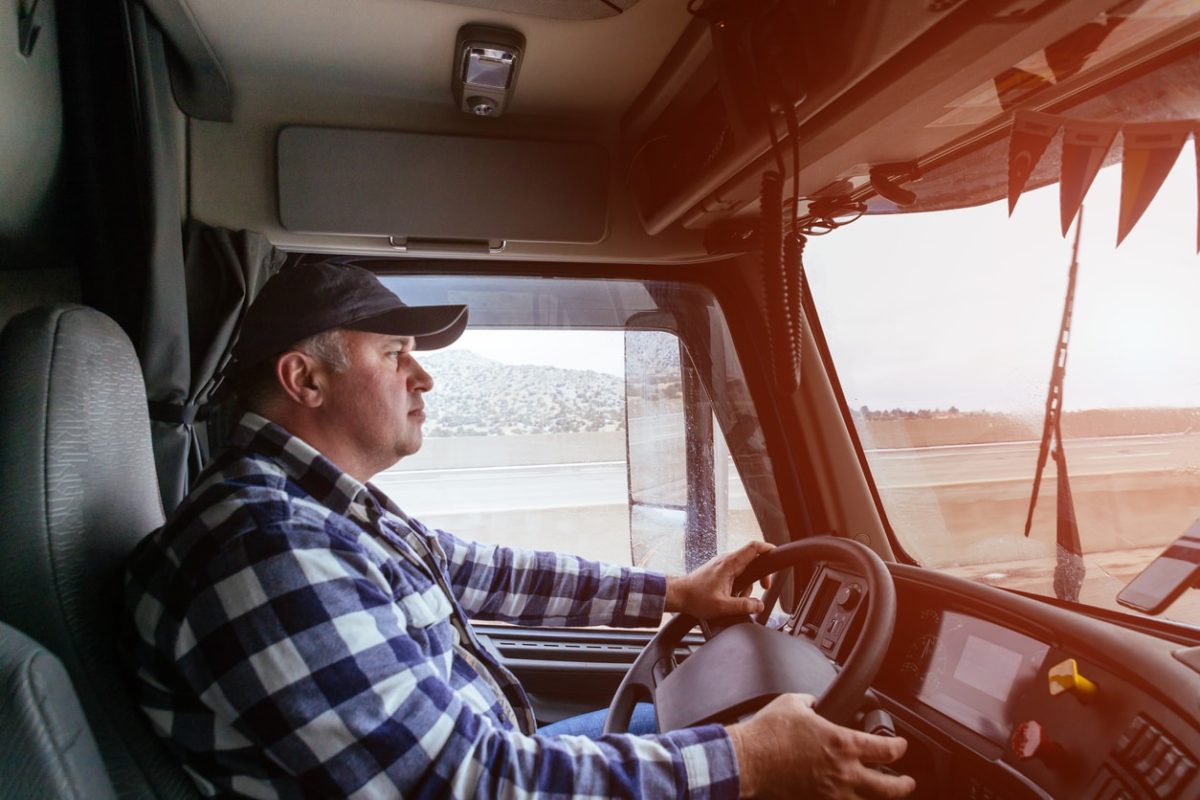The commercial trucking industry is in the middle of a major overhaul right now. From a massive labor shortage to the electric and autonomous truck markets developing at a fast pace, trucking isn’t the same as it has traditionally been, and is expected to continue in this way in the coming years.
One trend that is kicking up some controversy is the installation around installing driver-facing cameras in truck cabins. This issue has created issues around privacy and accountability and has even opened up new stipulations around commercial truck insurance.
Front-facing cameras, recording what’s going on surrounding the truck, have been used for years now, which has helped with security and legal issues, such as proving fault in something like an accident involving a commercial truck. But does this technology cross the line? How effective can it be?
Drivers as Assets
Technology is painting a picture of a driverless future as companies like TuSimple and Uber are already officially running their autonomous trucks on highways for long-haul projects. But until this becomes a full-scale reality, drivers are still the number one asset for the industry, especially for short-range projects, which will still see truckers in the driver’s seat even with self-driving trucks on the road.
And while truckers are valued in the industry and play a pivotal role in the entire freight industry when it comes to preventing a backlog, telling them cameras will be watching them may not be well-received. In an article from American Trucker, the consensus from those doing the driving aren’t on board for this addition to their operations. And with a shortage of 180,000 drivers expected by 2024, the industry can’t afford to lose any more favor.
Short-Term Effects
Installing driver-facing cameras that monitor drivers with the goals of monitoring performance and raising accountability may have short-term effects, such as causing them to drive more carefully or reducing their speed. But over time, drivers may forget the cameras are there or simply turn a blind eye, so to speak, when it comes to having their every move being watched.
On the other hand, for trucking operations, driver-facing cameras can be beneficial for a number of reasons. These recordings can be used as coaching tools to help with onboarding and adjusting performance expectations. And when it comes to accidents, driver-facing cameras can also help with proving fault or innocence when related to commercial truck insurance claims in incidents.
Other Considerations
Trucking companies can begin looking for feedback from driver recruiters and safety managers to highlight the pros and cons of having this kind of surveillance installed. Will it make the job easier or more stressful? What’re the long-term effects of how these cameras can help with performance?
Finally, the drivers themselves should also be considered in decision-making since it will be their jobs and reputations on the line. Surveyed drivers in the recruiting process can be asked if they would consider not taking a job if it included working under the watchful eye of a camera. Bottom line, discussions should continue and opinions should be expressed during planning and execution of this kind of change to the industry.
About Western Truck Insurance Services
Western Truck Insurance Services is a commercial truck insurance agency with roots dating back to 1954. We have evolved into a highly respected, professionally managed, truck and transportation insurance brokerage. The hallmark of our organization is our desire to provide unparalleled service. We go way beyond what you expect to receive from an insurance brokerage. Equipped with state of the art automation, Western Truck Insurance can provide you with lightning fast truck insurance quotes, customer service, Insurance certificates, and coverage changes.

